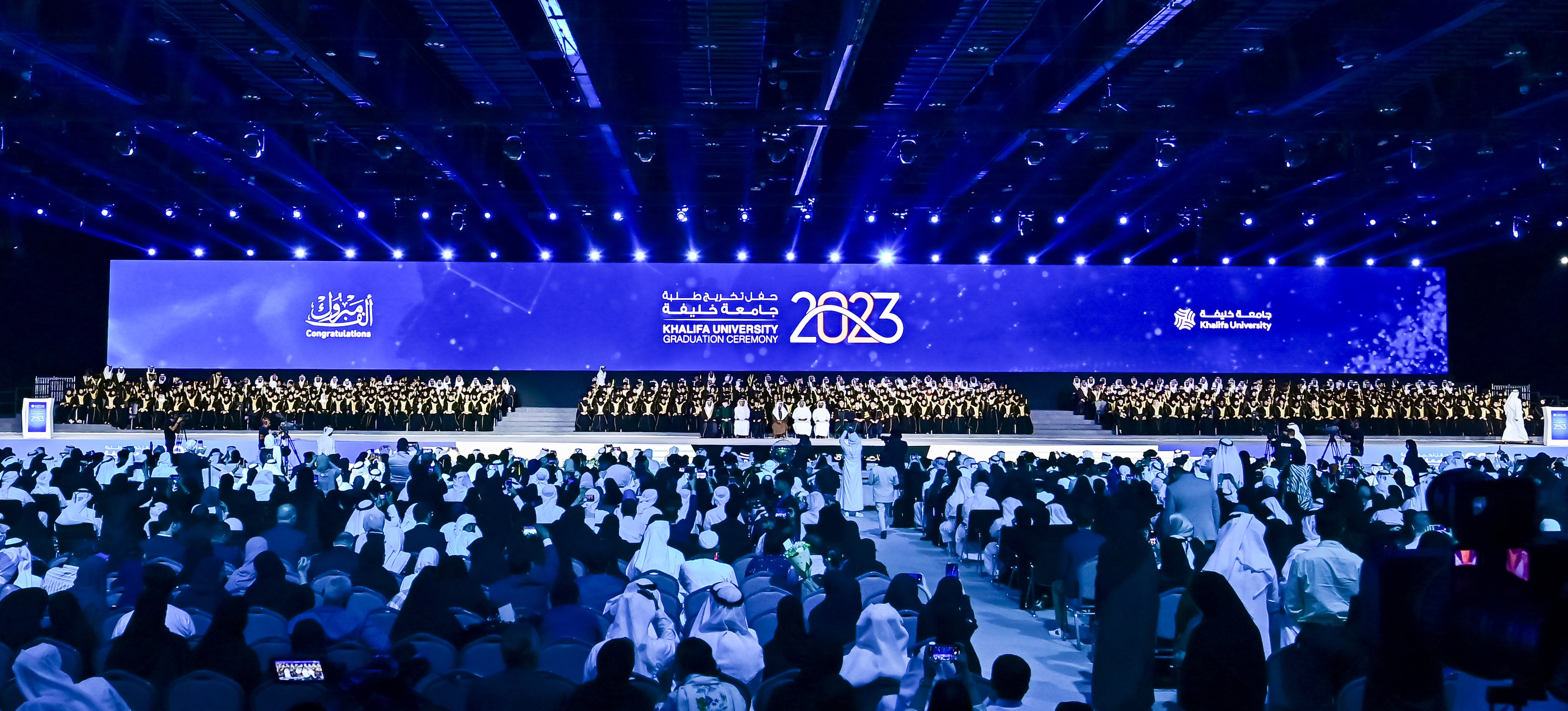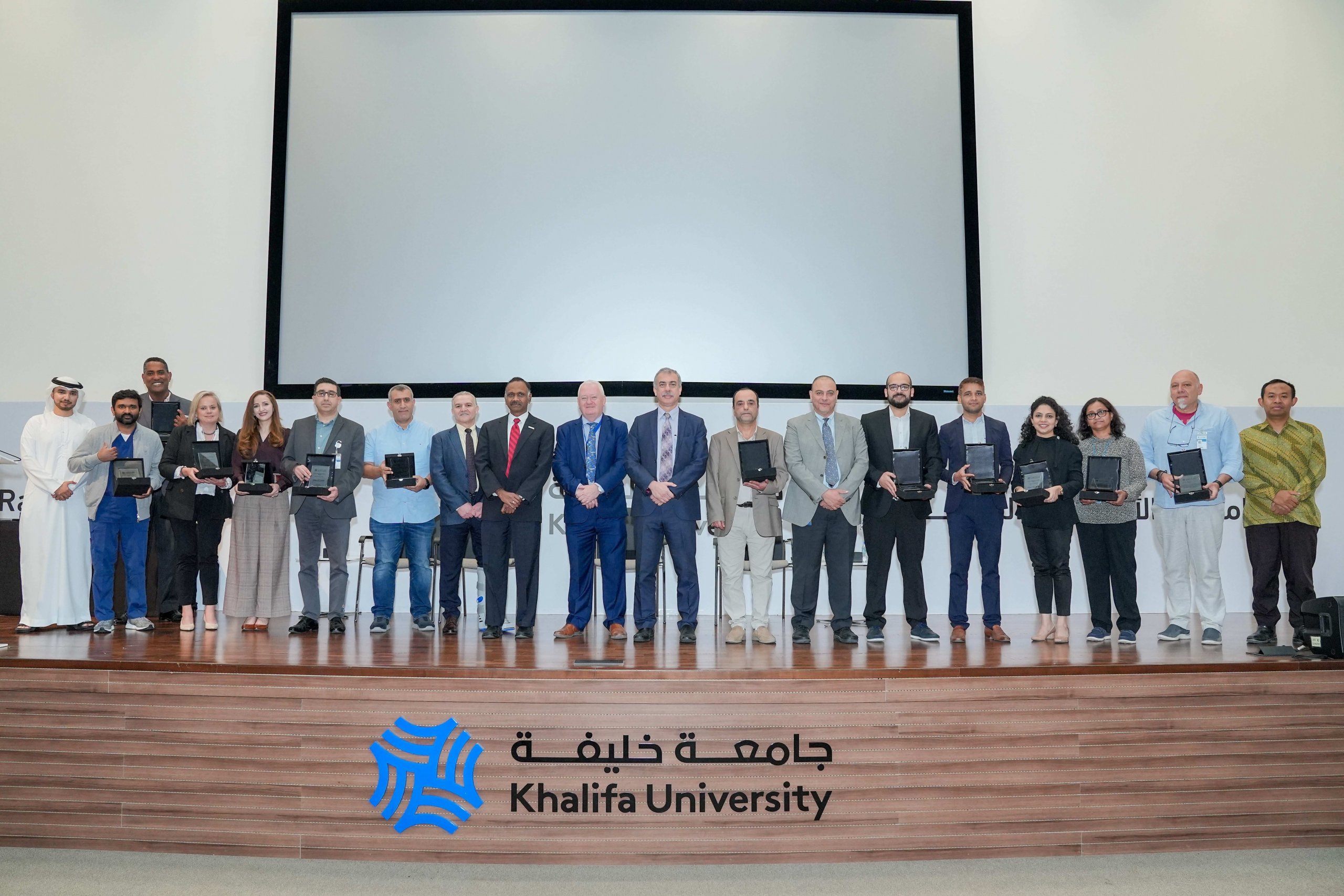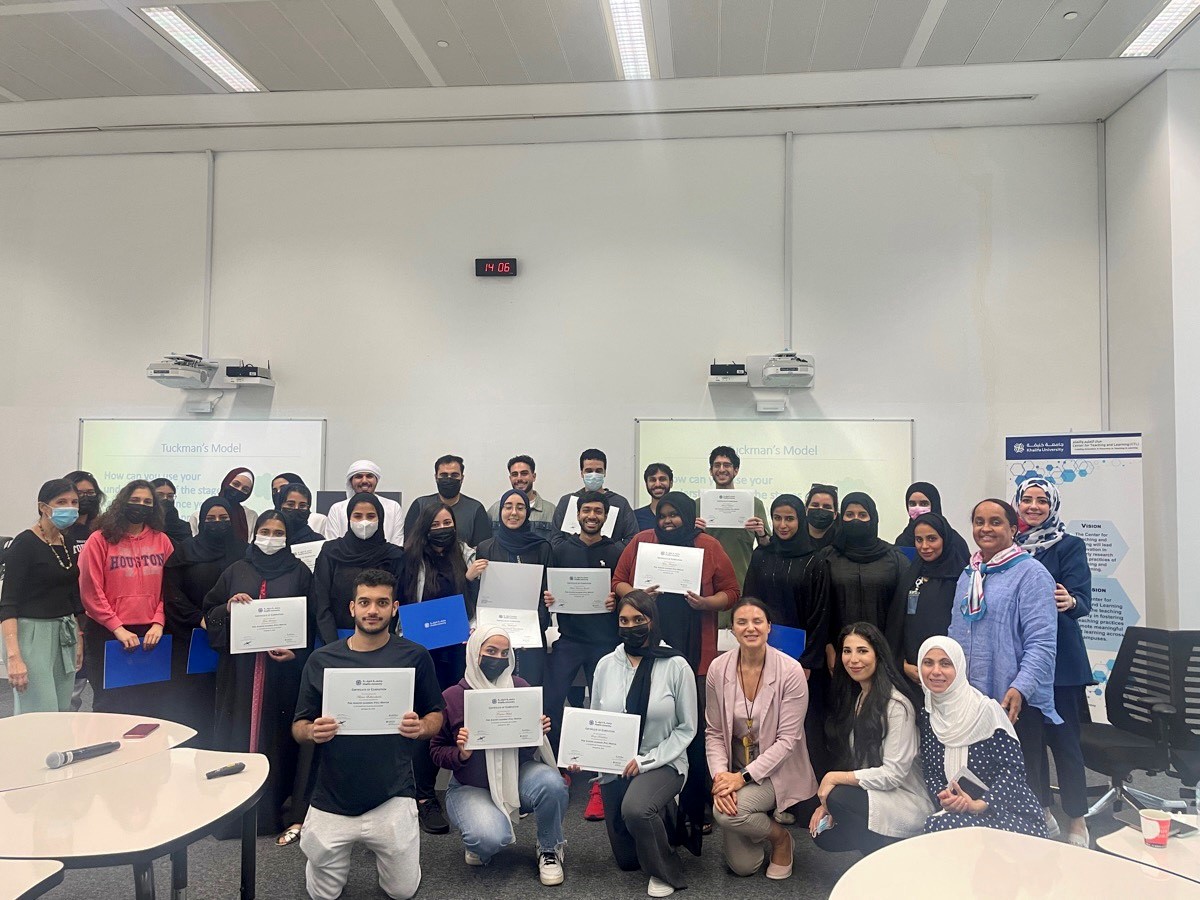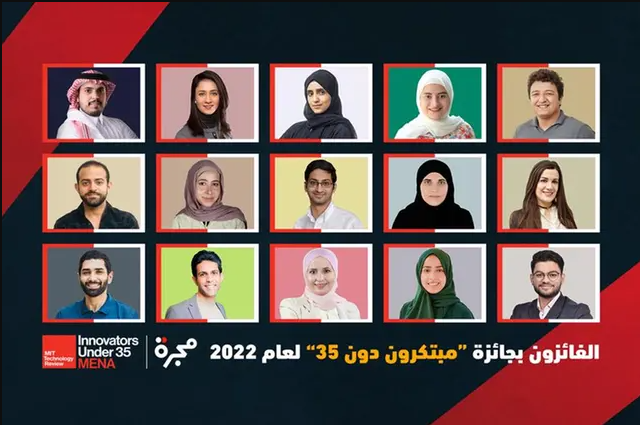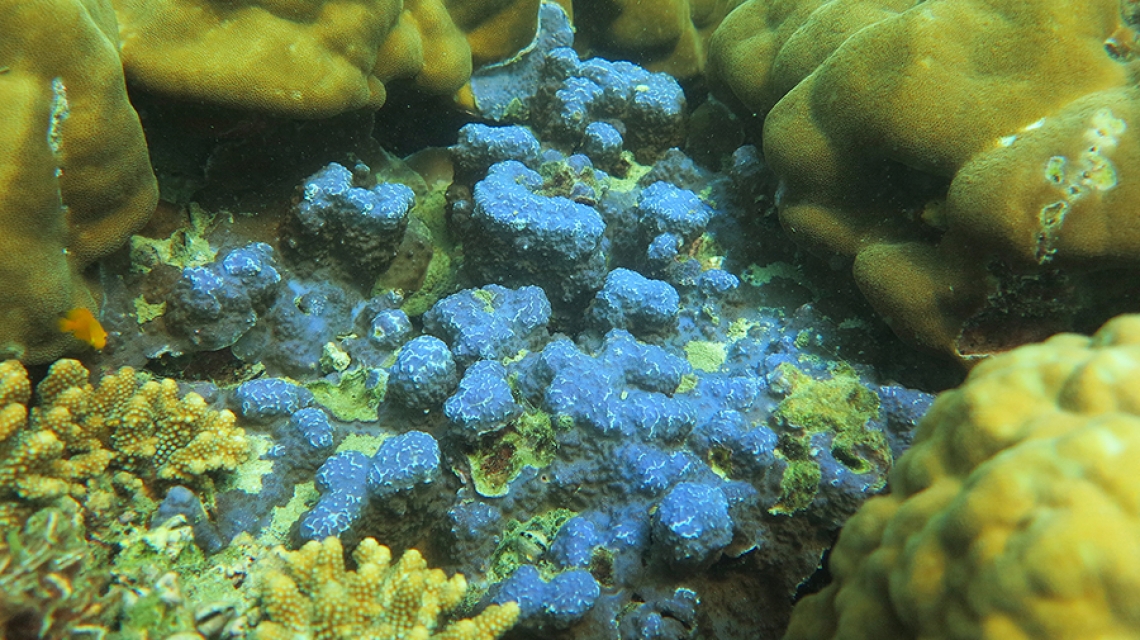
Masdar Institute alumna Dr. Haifa Ben Romdhane served as the Marine Data Infrastructure GCC Summit 2017 chairwoman, presenter and panelist last month, contributing key insights on the role of marine data for managing and preserving the region’s precious marine ecosystems during the second annual event.
The two-day conference held on 30-31 January in Dubai provided a platform for marine stakeholders and experts to discuss how to maximize access to marine data in order to develop innovative marine projects and better conserve marine ecosystems.
“When studying oceans and the marine environment, researchers depend on an exchange of data and information from all available sources. There is tremendous economic and environmental benefit in obtaining data by exchange, and it was the purpose of this summit to encourage such exchanges,” Dr. Ben Romdhane explained.
Dr. Ben Romdhane chaired the first day of the conference, while her colleague Peter Pissierssens, Head of the Intergovernmental Oceanographic Commission (IOC), chaired the second day.
On the first day, Dr. Ben Romdhane delivered a presentation on “Data and Infrastructure in Marine Environment for Efficient Management and Sustainability.” During the presentation, she discussed the important role that relevant and robust marine data plays in influencing and managing decision making processes for a sustainable environment. She also brought attention to the critical need for more relevant data collection and analysis on coastlines, water, tide, bathymetry, and hydrography, and highlighted some of the latest technologies and innovations available on the market used for accessing relevant data.
On the second day of the conference, Dr. Ben Romdhane served as a panelist on a panel titled “Infrastructures and Data Access Systems Regarding Water.” The panel focused on efficient ways to acquire data on water to help decision-makers establish development strategies for water quality management. Panel participants included Remote Sensing Expert Dr. Wahid M. Moufaddal of the Regional Organization for the Protection of the Marine Environment (ROPME), Associate Director Dr. Juan Recio of AECOM, Marine Conservation Project Manager Daniel Mateos of the Emirates Wildlife Society – WWF, and Sales Director of Middle East and Africa Hassan Al Salem of Xylem.
Dr. Ben Romdhane is currently working as a researcher at the Masdar Institute’s Earth Observation and Hydro-Climatology Laboratory. She graduated from Masdar Institute in December 2016 with a PhD in Interdisciplinary Engineering. She received her MSc degree from the Ocean Research Institute of the University of Tokyo and her B.Eng. degree in Marine Sciences from the National Agronomic Institute of Tunisia.
Dr. Ben Romdhane’s PhD thesis focused on utilizing remote sensing – a technology that uses sensors on aircraft or satellites to collect data from objects on Earth by detecting the energy they reflect – as well as numerical modelling to better understand and protect the UAE’s coral reefs, which are regarded as some of the most diverse and valuable ecosystems on Earth.
Last year, while conducting research for her PhD, Dr. Ben Romdhane discovered an unmapped coral reef off the coast of Dalma Island in Abu Dhabi.
The new reef discovery is a strong example of the importance of collaboration and data collection and analysis in the Gulf waters.
“My research underscores the need to improve water data collection and analysis for better water quality management, which will ensure greater safety for water navigators and improve preservation of the region’s marine ecosystems,” Dr. Ben Romdhane commented.
“The Marine Data Infrastructure GCC conference is an important and unique platform that seeks to bring together marine experts to discuss the critical technologies and innovations needed to better understand the GCC’s marine ecosystems and coral reefs; information which could in turn help policy makers and decision makers properly manage, monitor and conserve our precious marine ecosystems,” she added.
For the second year in a row, Dr. Ben Romdhane has played an active role in the Marine Data Infrastructure GCC summit. She is becoming widely recognized in her field for her expert know-how of satellite-based mapping methodologies and modelling techniques, and truly embodies the innovative spirit of Masdar Institute – continuously seeking sustainable solutions to address the world’s most pressing challenges through in-depth research and dynamic collaborations.
Erica Solomon
News and Features Writer
23 February 2017



